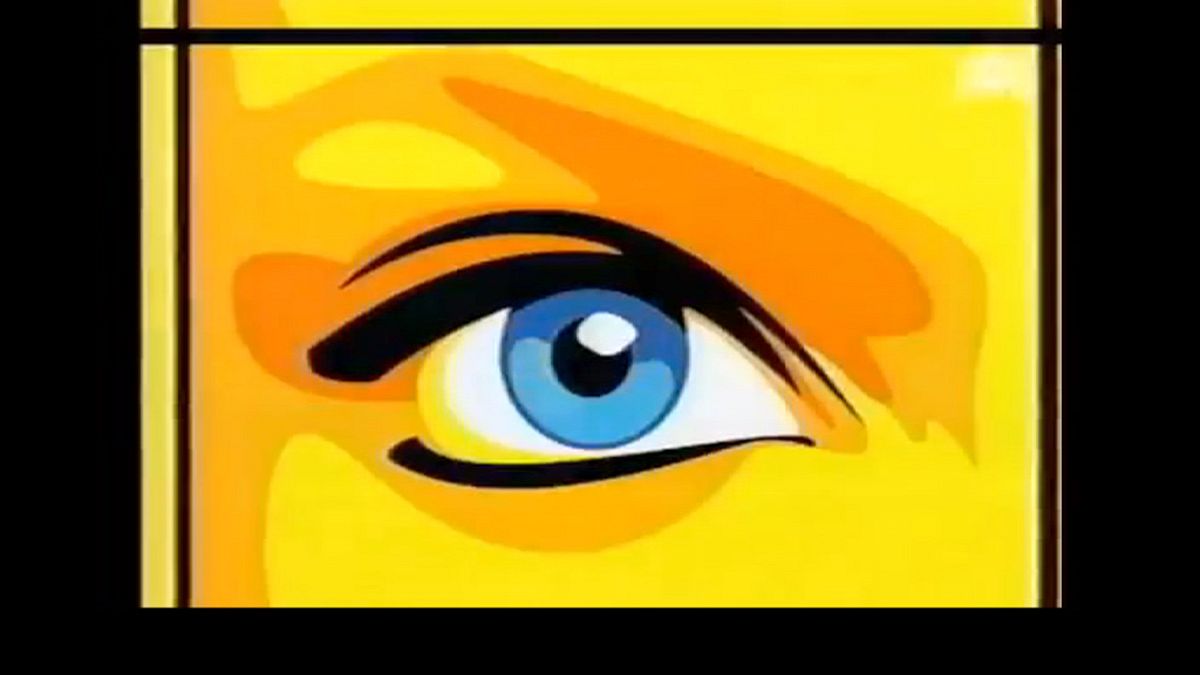Reality television is under critical scrutiny following the deadly double helicopter crash on location in Argentina early in the making of the
Reality television is under critical scrutiny following the deadly double helicopter crash on location in Argentina early in the making of the programme Dropped. It originated in Sweden, the concept: two teams of athletes must survive in the wild. In this case, three athletes were killed, five production staff and both pilots.
Private national French TV channel TF1 has axed the show. At headquarters outside Paris, CEO Nonce Paolini explained: “These are circumstances that we don’t want ever to have to go through. It is terrible, because we wanted to bring happiness and are facing a tragedy.”
Two years ago, a contestant in TF1’s version of Survivor, Koh-Lanta, died after a series of heart attacks during filming in Cambodia, and then the show’s doctor committed suicide after a barrage of media criticism. The 2013 season was cancelled.
Since reality TV boomed into viewers’ living rooms the shows have changed considerably. Big Brother was the first smash hit in 1999 in the Netherlands, then becoming a global franchise and spawning variations in many countries, essentially, ordinary people cast together in a custom-designed house and filmed around the clock, cut off from the outside world.
Internet also allowed spectators to follow the contestants’ every foible and interaction, as friction between personalities built up and one per week was voted out of the house.
As audiences lapped it up and ratings took off, new formulas were developed.
Traditional fears and revulsion were turned into entertainment. How far would the contestants go? How real could they get? Limits were pushed and pushed.
As Jane and Joe Public clambered for the privilege of being allowed to compete, already-established or even yesterday’s stars were also getting in on the act, eager participants in novelty, pain and sometimes danger.
We spoke to the head of research at the French governmental organisation CNRS, Dominique Wolton, who is a media specialist, about the reality show dimension of the crash which killed the Dropped contestants and production crew in Argentina.
Sophie Desjardin, euronews: “We could say it’s a tragic accident that could have happened anywhere. But it’s not the first time in this kind of programme, where risk-taking is central — and there haven’t only been French deaths. What does this tell us about what television has become today?”
Dominique Wolton: “Well, clearly, it is tragic. What’s new in our society is that people live out violence, danger and adventure at a distance. Our society’s obsessed with being careful. You don’t have to do anything, it’s all under control, on TV screens or in video games on computers: there you can do everything, all sort of mayhem is possible. We live by proxy, a sort of voyeurism, with more and more dangerous games, and everyone finds that normal. Since there’s a lot of money involved in it, we go further and further in a kind of race for excitement. To ramp up the drama, we no longer bring in anonymous people but known personalities, and there is a slightly troubled relationship between us and them, spectators and producers, in this idea ‘how brave will this one be, who’s going to give up?’”
euronews: “In the 1980s, you co-wrote a book with Jean-Louis Missika called The Chatter of the Mind (La Folle du Logis), about the power of television over society, as the ideal instrument of democracy. That was before reality TV was invented: what has changed since then?”
Wolton: “It’s not just reality TV going adrift. We are living in a space of competing images. At its most vulgar, reality TV has calmed down, but is having a comeback in more dramaturgical forms, more costly, more adventurous, more risk-oriented. Something is not right. If people need that to prove their relationship with nature or physical effort, something’s wrong. The limit’s gone between private and public life, danger and normal living. You have to watch out for ethics.”
euronews: “The victims of this accident weren’t just any sort of celebrity, but champions who, in theory, had nothing left to prove. Do we always have to go further in the fabrication of heroes?”
Wolton: “That is a very good question. I think that valuing individuals who, whatever their specialty, are able to shape a destiny, to prevail, be a model of emancipation for millions of people, I find that fantastic. But on condition we keep within limits, and those are the limits of ordinary life. That people put themselves in danger, rekindle a taste for adventure, why not? But there are no limits to our capacity for stage managing individuals into difficult situations. At that point I think you either have to have self-regulation or regulation that says, ‘listen, we can do things on condition it’s not at risk of becoming a voyeurism of death’.
euronews: “The media today is one of the ways of giving sports stars a second life, often of privilege. Do they have alternatives?”
Wolton: “Our society is wrong not to see that people who are known media or Internet figures, if they are to remain in the limelight after they’ve been a sport star have to join this process. Simply, after a while there is a departure from, a rupture between celebrity values and the values that underpin sports or politics, or business. I could expand this reasoning. I understand that to remain relevant they try to attract the media, but in the end the iron law of business, the pitiless law of mediatisation and the star circuit are going to consume and destroy the values that made you. I am not at all hostile to publicity, which is an elementary part of making celebrities, but when that’s the only value system of a society, that’s no good.”
